Liat Cohen
Efficient One Sided Kolmogorov Approximation
Jul 14, 2022Abstract:We present an efficient algorithm that, given a discrete random variable $X$ and a number $m$, computes a random variable whose support is of size at most $m$ and whose Kolmogorov distance from $X$ is minimal, also for the one-sided Kolmogorov approximation. We present some variants of the algorithm, analyse their correctness and computational complexity, and present a detailed empirical evaluation that shows how they performs in practice. The main application that we examine, which is our motivation for this work, is estimation of the probability missing deadlines in series-parallel schedules. Since exact computation of these probabilities is NP-hard, we propose to use the algorithms described in this paper to obtain an approximation.
Coalitional Games with Stochastic Characteristic Functions and Private Types
Oct 25, 2019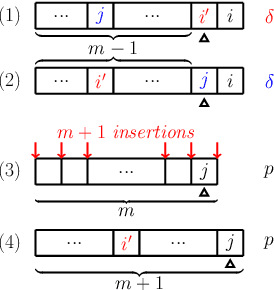
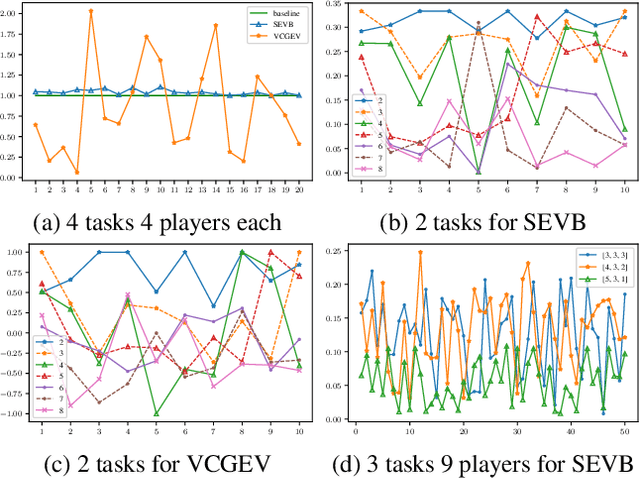
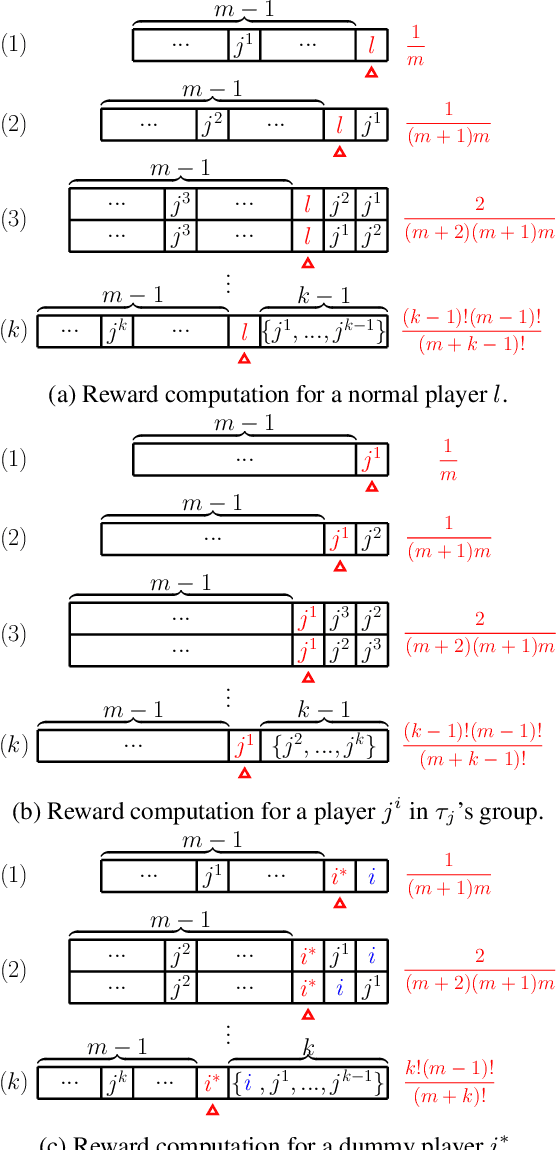
Abstract:The research on coalitional games has focused on how to share the reward among a coalition such that players are incentivised to collaborate together. It assumes that the (deterministic or stochastic) characteristic function is known in advance. This paper studies a new setting (a task allocation problem) where the characteristic function is not known and it is controlled by some private information from the players. Hence, the challenge here is twofold: (i) incentivize players to reveal their private information truthfully, (ii) incentivize them to collaborate together. We show that existing reward distribution mechanisms or auctions cannot solve the challenge. Hence, we propose the very first mechanism for the problem from the perspective of both mechanism design and coalitional games.
An optimal approximation of discrete random variables with respect to the Kolmogorov distance
May 19, 2018
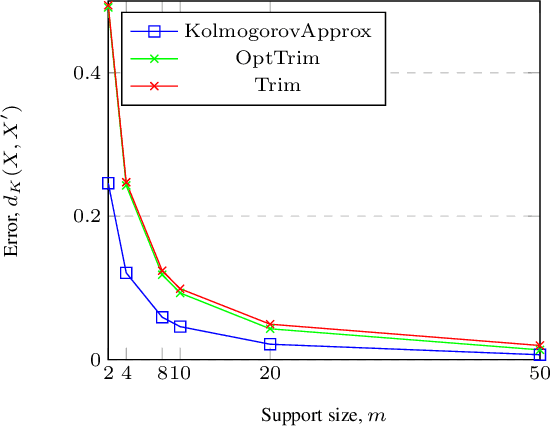
Abstract:We present an algorithm that takes a discrete random variable $X$ and a number $m$ and computes a random variable whose support (set of possible outcomes) is of size at most $m$ and whose Kolmogorov distance from $X$ is minimal. In addition to a formal theoretical analysis of the correctness and of the computational complexity of the algorithm, we present a detailed empirical evaluation that shows how the proposed approach performs in practice in different applications and domains.
Estimating the Probability of Meeting a Deadline in Hierarchical Plans
Dec 24, 2017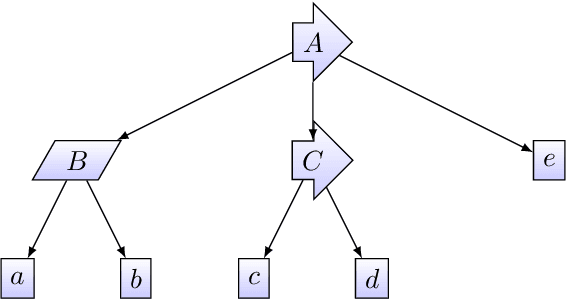
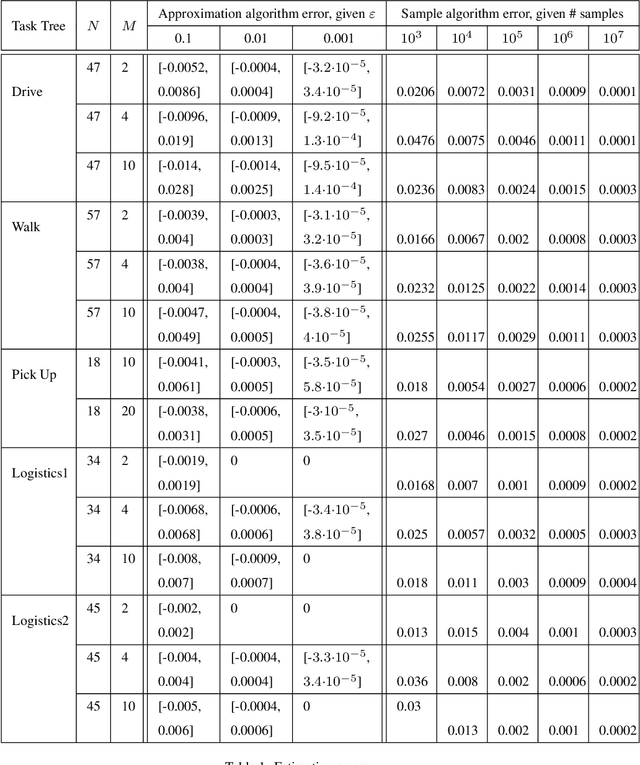
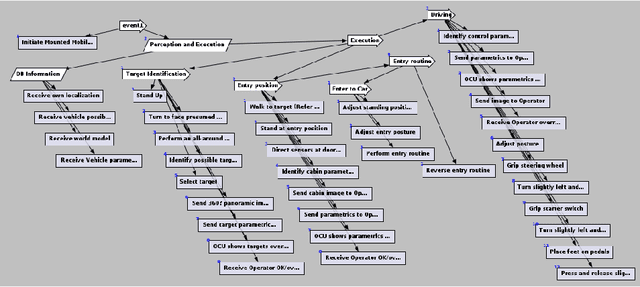
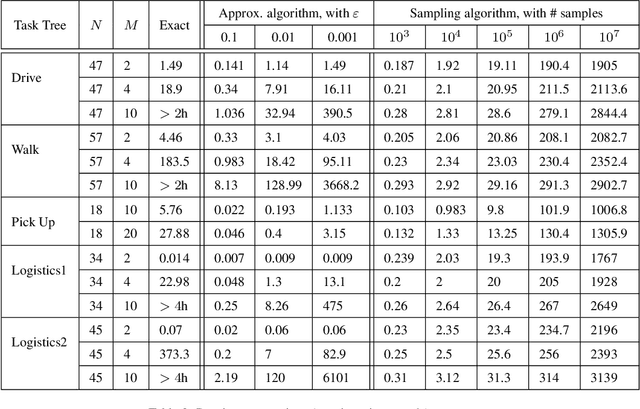
Abstract:Given a hierarchical plan (or schedule) with uncertain task times, we propose a deterministic polynomial (time and memory) algorithm for estimating the probability that its meets a deadline, or, alternately, that its {\em makespan} is less than a given duration. Approximation is needed as it is known that this problem is NP-hard even for sequential plans (just, a sum of random variables). In addition, we show two new complexity results: (1) Counting the number of events that do not cross deadline is \#P-hard; (2)~Computing the expected makespan of a hierarchical plan is NP-hard. For the proposed approximation algorithm, we establish formal approximation bounds and show that the time and memory complexities grow polynomially with the required accuracy, the number of nodes in the plan, and with the size of the support of the random variables that represent the durations of the primitive tasks. We examine these approximation bounds empirically and demonstrate, using task networks taken from the literature, how our scheme outperforms sampling techniques and exact computation in terms of accuracy and run-time. As the empirical data shows much better error bounds than guaranteed, we also suggest a method for tightening the bounds in some cases.
 Add to Chrome
Add to Chrome Add to Firefox
Add to Firefox Add to Edge
Add to Edge